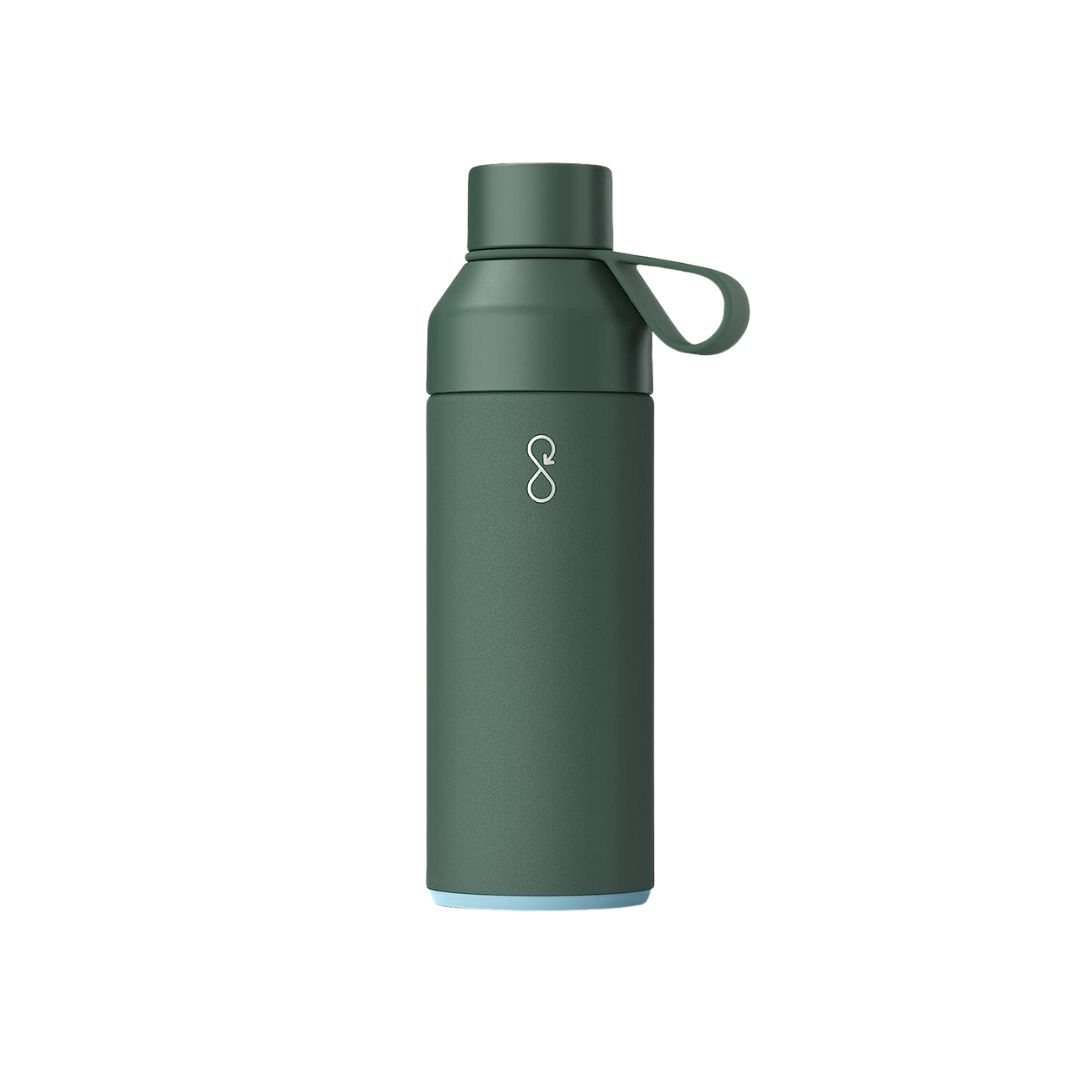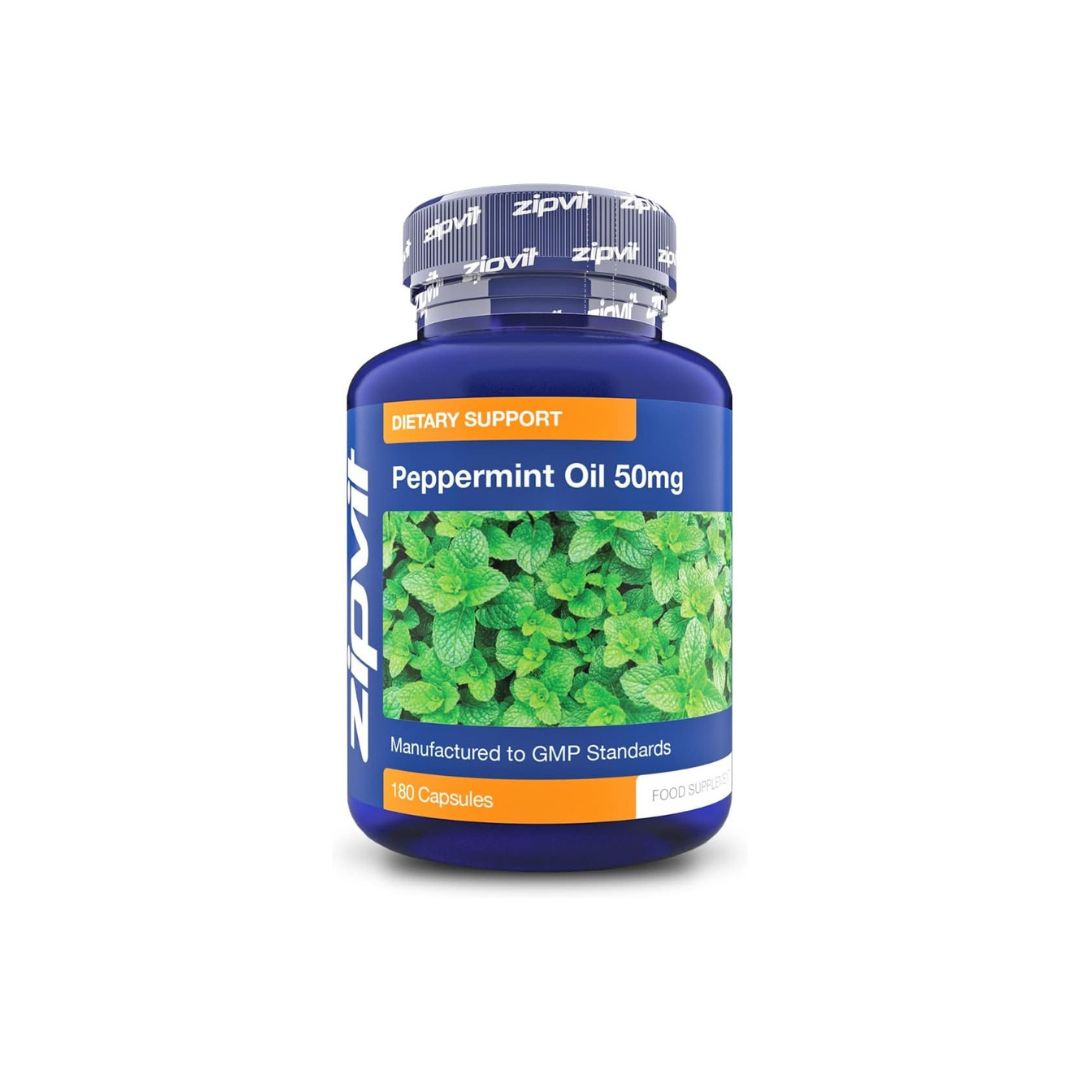Always get a sore, bloated stomach when flying? This foolproof formula will help you ditch travel bloat for good
According to two qualified pros.

You know the feeling - you're finally on your way abroad, excited for seven days sans work emails or daily stress. You've packed the books you've been meaning to read since January and are finally getting stuck into one when, mid-flight, you're struck with painful bloating - the kind you can't ignore or get comfortable with.
We've all been there - bloating is actually more common than you'd think, with some studies showing it affects as many as one in three people. That said, it's particularly common when travelling, according to registered nutritionist and IBS specialist Clarissa Lenherr. "The last thing you want on holiday is to feel bloated, swollen, and sluggish. While sometimes it might be unavoidable, there are a number of hacks you can try out to reduce your risk of bloating, gas, and get your bowels moving regularly."
Things like unzipping your trousers and gently massaging your tummy until it passes might help in the short term, but arming yourself with the right tools to prevent the bloating from happening altogether is key.
Keen to learn how? You're in the right place as two top pros share their tried and tested techniques for travelling minus the bloat. Yoga poses for bloating at the ready.. Don't miss our guides to energy-boosting foods, the best foods for hormones, and foods to boost your mood, while you're here.
How to get rid of bloated stomach after flying: your foolproof formula
First things first: a bit of background on why, exactly, you're so prone to bloating on a flight. As Lenherr explains, bloating can occur on a plane for a number of reasons. One of those is the reduced cabin pressure, which can lead to the expansion of gases in your body, including those in your stomach and intestines, which may cause bloating. Jo Woodhurst, Head of Nutrition at Ancient + Brave, agrees, adding: "At 40,000 feet, the air pressure in the plane is much lower than your body is used to. As the air pressure falls, gas expands especially in the gut, which can make you feel really uncomfortable."
Similarly, swallowing air can be to blame. "During a flight, you may unconsciously swallow more air than usual due to factors like stress, eating quickly, or drinking carbonated beverages," she shares. "This excess air can get trapped in your digestive system and contribute to bloating."
Not to mention sitting for extended periods can slow down your digestion and lead to a buildup of gas in your digestive tract.
Marie Claire Newsletter
Celebrity news, beauty, fashion advice, and fascinating features, delivered straight to your inbox!
Finally, dehydration can also play a part. "The low humidity levels in the cabin can lead to dehydration, as the dry air causes your body to lose moisture," Lenherr explains. "In turn, you'll become dehydrated which can, again, slow down your digestion and lead to bloating."
How to avoid bloating on a plane
1. Stay hydrated
While this might sound obvious, one of Lenherr's top tips for avoiding bloating during or after flying is making sure you're staying hydrated and drinking enough water.
Not sure what constitutes "enough" water? The NHS advises aiming for six to eight cups or glasses of fluid a day
Woodhurst also points out that digestive bitters, probiotics and vitamin C may also combat the in-flight bloat, all of which can be added to your water or supplemented prior to flying. "Not just that, but sipping on a tea containing dandelion may help reduce water retention by supporting your kidneys to get rid of urine and excess sodium," she shares.
2. Be mindful of carbonated beverages and sugar alcohols
Another obvious but simple way to avoid bloating on a plane is to be mindful of your intake of carbonated beverages before, during and after you're on the move.
Similarly, things like sugar alcohols - often used in sugar-free foods and chewing gum - can cause bloating. "The most common ones are xylitol, sorbitol and mannitol," shares Lenherr. Why are these best kept to a minimum? "The body struggles to digest most sugar alcohols, so they end up travelling to the large intestine, where our gut bacteria break them down," she shares. "If you find yourself experiencing gas, bloating or loose bowel movements after consuming them, this may be the reason why."
Try this: Consider opting for alternatives that use stevia or monkfruit instead.
3. Take short breaks to walk and stretch
While this isn't always easy on a plane, it is a surefire way to give your body the break it'll need when sat down for long periods of time.
While this 2015 study concluded that more research needs to be done to definitively link stretching to less bloating, research has confirmed that movement is a key way to avoid gastrointestinal discomfort, so move in whatever way you see fit.
While Lenherr recommends regularly walking and stretching, isometric exercises have also been found to aid both muscle soreness and tension on long flights.
A post shared by Clarissa • Gut Health & IBS Nutritionist (@clarissalenherrnutrition)
A photo posted by on
4. Supplement magnesium
Sometimes bloating can be caused by water retention, shares Woodhurst, and if this is the case, magnesium can be key to easing your discomfort.
Why? "Because magnesium acts as an osmotic agent, drawing water into the intestines and getting things moving, reducing the risk of constipation and bloating."
Try this: Snack on nuts and dark chocolate, which are rich in magnesium, or opt for a supplement before you leave the house.
5. Opt for a balanced, nutrient-dense meal pre-flight
Last but by no means least, the easiest way you can swerve uncomfortable bloating on a plane is to opt for a light, easy-to-digest meal pre-boarding, confirm both nutritionists.
Everyone's body reacts differently to different foods, so it's key to understand which foods personally make you bloat and avoid those for the flight, shares Woodhurst. "Common things that make people bloat include wheat and gluten, dairy, beans, broccoli and other cruciferous vegetables," she shares.
That said, you can't go wrong with opting for fresh, portable foods with a high water content, she continues. Her favourites? "Sliced cucumbers, peppers, celery, cherry tomatoes or watermelon, which are around 90% water and fibre rich," she explains. "Pair these with some protein such as a nut or seed butter for a blood sugar-balancing option."
Lenherr's travel go-tos include lean proteins, yoghurt, almonds and walnuts - a turkey or tofu salad, for example, would be a great anti-bloat meal.
Do note, though: pulses - including beans, chickpeas and lentils - garlic and onions are all to be eaten mindfully pre- and during travel. "These are all FODMAPs which contain short-chain carbohydrates which escape digestion and are fermented by our gut bacteria in the intestines, producing excess gas and bloating," details Lenherr.
Shop MC's favourite travel companions now:

Staying hydrated while travelling is key to avoiding bloat. Make that easy and waste-free with this handy Ocean Bottle - also a great option for transporting smoothies or hot drinks.

Peppermint oil capsules are one of the simplest things I've found to help a sore, bloated tummy. They're affordable, easy to take, and according to the NHS, "helps relieve stomach cramps, bloating and farting by helping the muscle of the bowel wall to relax."

Last but by no means least, I've found that wearing the right clothes is key to avoiding bloating. Restrictive, tight leggings won't cut it and only aggravate my stomach if I am starting to bloat. These butter soft leggings from Bamboo are a dream to travel in - plus, they come from climate positive company that doesn't harm the planet in the process of making them.
What relieves bloating fast?
When you're in pain and want to reduce the stomach swelling pronto, a few things will help.
While the last thing you'll likely want to go is get moving, studies have shown that going for a walk or trying yoga poses for bloating. As a Health Editor who's suffered from painful bloating for the best part of fifteen years, I can confirm movement does help me, as long as it's gentle, slow, and considered.
I've also found peppermint tea and peppermint capsules to be a godsend. And in worse-case scenarios? Rennie to the rescue.

Ally Head is Marie Claire UK's Senior Health and Sustainability Editor, nine-time marathoner, and Boston Qualifying runner. Day-to-day, she heads up all strategy for her pillars, working across commissioning, features, and e-commerce, reporting on the latest health updates, writing the must-read wellness content, and rounding up the genuinely sustainable and squat-proof gym leggings worth *adding to basket*. She also spearheads the brand's annual Women in Sport covers, interviewing and shooting the likes of Mary Earps, Millie Bright, Daryll Neita, and Lavaia Nielsen. She's won a BSME for her sustainability work, regularly hosts panels and presents for events like the Sustainability Awards, and is a stickler for a strong stat, too, seeing over nine million total impressions on the January 2023 Wellness Issue she oversaw. Follow Ally on Instagram for more or get in touch.
-
 Jonathan Anderson is going to Dior Men
Jonathan Anderson is going to Dior MenHis debut collection will be this June
By Mischa Anouk Smith
-
 I'm a 2025 bride and these are the best affordable wedding dresses I've found
I'm a 2025 bride and these are the best affordable wedding dresses I've foundLess than £1,000 but still the height of chic
By Sofia Piza
-
 Hands down, these are the best wedding foundations for each skin type
Hands down, these are the best wedding foundations for each skin typeThat bridal glow, bottled
By Denise Primbet